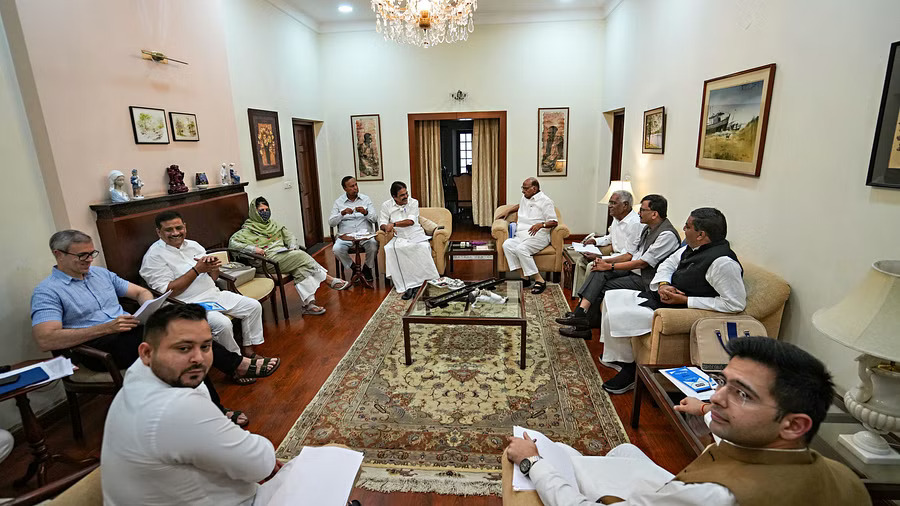Indian political parties have begun expressing concerns regarding the perceived sluggish functioning and effectiveness of coordination panels. These panels, vital for maintaining internal communication and unity within a party, have been subject to scrutiny for their apparent inertia in recent times, sparking unease among party members.
The coordination panels within political parties play a crucial role in fostering communication, collaboration, and consensus among different factions or groups within the party. They are designed to ensure that party decisions are well-coordinated and reflective of collective inputs, thereby enhancing unity and a sense of common purpose.
However, apprehensions have been growing regarding the observed inertia in the functioning of these coordination panels. Critics argue that their lack of proactive engagement and delayed decision-making could potentially hamper the party’s cohesiveness and responsiveness to dynamic political landscapes.
Members within various political parties have urged for a reevaluation of the efficiency and efficacy of these coordination panels to address the concerns effectively. It is essential, they say, to reinvigorate the purpose and operation of these panels to better serve the party’s interests.
Amidst these concerns, internal discussions and deliberations are being conducted within the parties to assess and streamline the functioning of coordination panels. Leaders are emphasizing the importance of timely and efficient decision-making within party structures, advocating for a more proactive approach to maintain unity and effectiveness in today’s fast-paced political environment.
The evolving nature of politics necessitates an agile and coordinated approach within political parties. Therefore, the collective sentiment is leaning towards revitalizing the coordination panels, ensuring they are adept at addressing internal matters swiftly, promoting collaboration, and maintaining party unity to face the ever-changing political landscape effectively.










